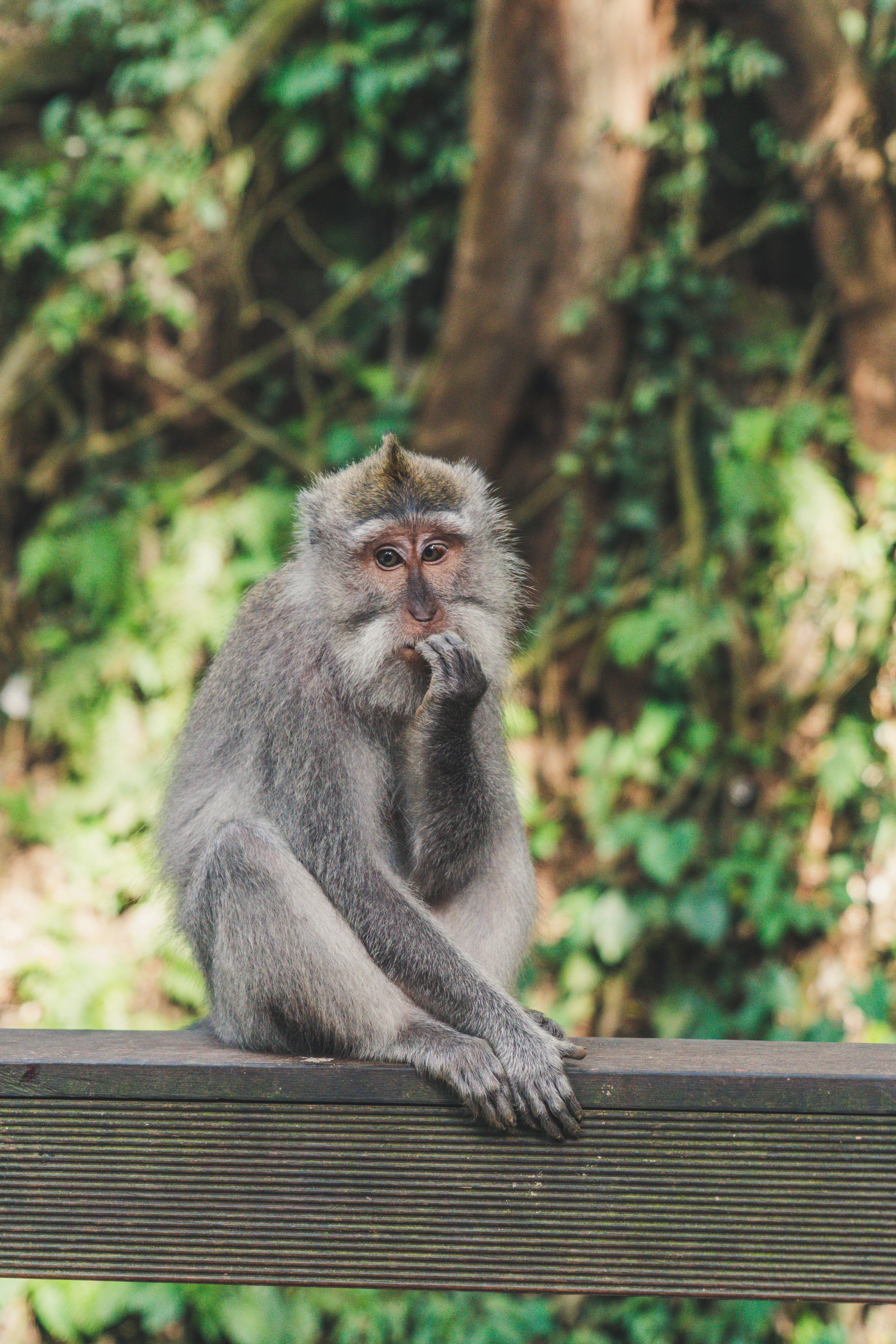Uncertainty

Uncertainty and complexity
There’s one thing that seems to be inevitable about the world we find ourselves moving increasingly towards: we need to learn to deal more effectively with uncertainty, together with relentless change, instability, and unpredictability, all in a context of complexity. Uncertainty is a major feature of complexity – and neither expertise, efficiency nor control alone will allow us to adequately engage with complexity. If an attempt at orderly, predictable efficiency is all that we bring to a situation that is in fact complex, we will find our adaptability, our flexibility, our resilience, and our capacity to manage the situation compromised. The way our government in the UK approached its handling of the COVID pandemic (‘It will all be over by Christmas’, for example) is an example of a lack of recognition of complexity, and what it demanded.
Our society seeks and prizes predictability and control, under the illusion that both are possible in all situations. Dave Snowden shows in his Cynefin framework for decision-making how, in a complex situation, patterns are discernible only in retrospect, and don’t repeat themselves regularly.
Addressing uncertainty: doing (experimenting) and being (human relationships)
It seems to me that dealing with uncertainty requires both a readiness to experiment at small scale, learn from the experiment (experiments that have failed are especially valuable) and experiment again and seek human connection, relationship and the ability to work effectively with interdependency and interconnection (my post on interconnection and interdependence may be relevant here). In other words, the capacity to engage in relationship and to bring what used to be called ‘soft skills’ (are they still called soft skills, I wonder, as they’ve been shown repeatedly to be a highly significant factor in hard results?). In uncertainty a feeling of psychological safety with other human beings is crucial in allowing us to experiment and take risks in the way we need to if we are to find new, creative ways of engaging with any unfamiliar and uncertain environment.
Collaboration
Key here is cross-functional collaboration and coalition-building, which enables learning in psychologically safe environments from unfamiliar fields and disciplines, thus broadening perspectives, capitalising on creativity, and building the versatility, flexibility and adaptability that are so important for uncertain contexts. One of the successes of the UK COVID experience demonstrates this well: the embrace of specialists from outside conventional fields to develop vaccines at speed and build the ventilators that saved lives.
Margaret Heffernan’s work
Entrepreneur, CEO, writer and keynote speaker Margaret Heffernan spoke on TED some years ago about ‘The human skills we need in an unpredictable world’ and more recently (May 2025) at the RSA in London on ‘How to Thrive in Uncertain Times’ on her book ‘Embracing Uncertainty: How writers, musicians & artists thrive in an unpredictable world’.
Trust, empathy, psychological safety and creativity
She calls attention to the invaluable role of trust and empathy (and I would add psychological safety) as human relationships develop, and to the value of the artist’s creativity – for example, discovering the plot of the novel you’re writing as you go along, continuing to keep going when you don’t know where you’re going, and the ability to pay attention without rules or a clear agenda, but rather adopt a spirit of exploration, inventiveness, flexibility and imagination. She calls attention to sensitive courage and sensitive humility – the humility to know you don’t know, and the courage to start anyway. Brian Resnick’s work on intellectual humility – the importance of knowing you might be wrong – also comes to mind.
Neurodiversity
As Heffernan’s fellow guest at the RSA event, Josette-Bushell Mingo, Principal at The Royal Central School of Speech and Drama, reminded the audience, we may have something valuable to learn from people who are neuro-diverse – and who live constantly in uncertainty. Strategies that they may have developed to address the challenges of this (for example, breaking down tasks into smaller, manageable steps, limiting exposure to information, and seeking support from compassionate others) may be useful sources of such learning.
The place of AI
Mingo flagged too that looking for help from technologies such as AI won’t help much, because AI builds on existing data, and doesn’t engage with what hasn’t yet been created. We need a more expansive, creative, inventive approach.
Imperfection
It occurs to me that imperfection is relevant here too. The McKinsey paper Why strategists should embrace imperfection makes an important point in this connection, concerning the value of accepting the ambiguity of not having perfect knowledge before making strategic moves: ‘Companies and nonprofits can make a series of small moves that help them build knowledge of the uncertain world they’re operating in…. We have to accept that the way we progress will be more like rugby: a series of forward, backward, and sideways moves, and accepting that a number of the moves we make will fail’. Implicit in that approach, it seems to me, is the value of being ready to question assumptions and the foundations of arguments.
In conclusion
Besides the tactical value of looking for weak signals – subtle clues or indicators that can reveal emerging trends, potential problems, or opportunities in the future – rather than gathering as much information as possible, which may simply lead to the reinforcement of prior judgments, useful guidelines for negotiating uncertainty might be to start by focusing on relationships and on small-scale experiments, and give up on the search for control and predictability.
Photo by Paolo Nicolello on Unsplash


